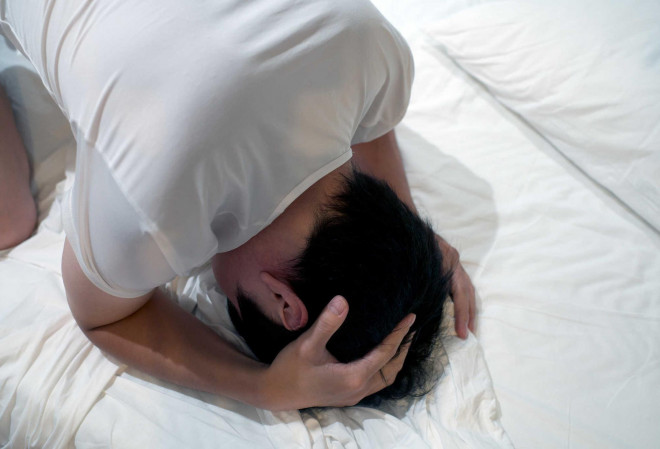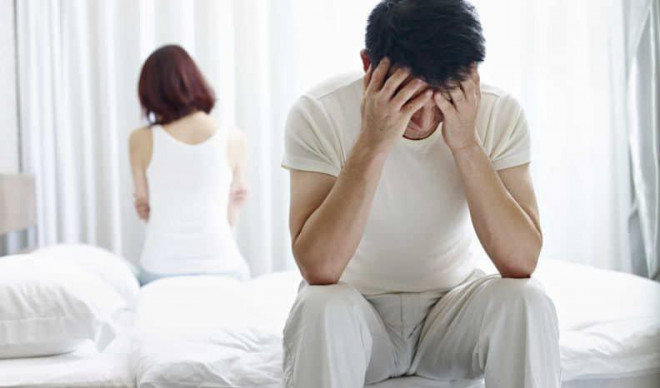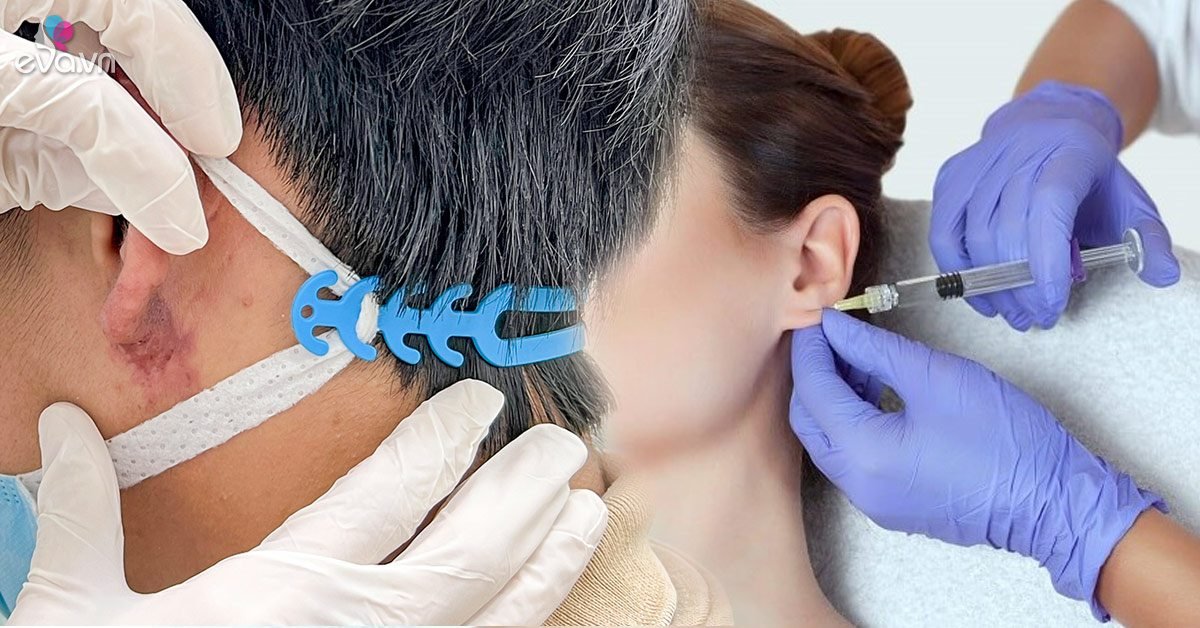Post-COVID-19 Sexual Disgust Disorder-Life Health
After COVID-19, many patients have problems related to reproductive function, sexual health both in the short and long term. Sexual aversion disorder, decreased libido after COVID-19 is one of the common problems.
1. What is Sex Disgust Disorder?
Sexual aversion disorder (SAD) is a type of sexual dysfunction in which a person has an aversion to sexual stimulation. Specific aversion can be an aspect of a sexual encounter, such as penetration, or more general actions such as kissing or touching.
People who experience sexual aversion may experience normal sexual desire, fantasies, and masturbation to achieve orgasm.
In fact, many men with sexual aversion disorder lead to decreased libido or inhibited sexual arousal. People who experience sexual aversion may experience normal sexual desire, fantasies, and masturbation to achieve orgasm.
2. Classification of sexual dislike disorder
There are two types of sexual aversion disorder: lifelong (primary) and acquired (secondary) distaste. Post-COVID-19 sexual aversion disorder is of the second type, acquired aversion.
Sexual aversion disorder affects marital happiness.
2.1 Lifelong Disgust Disorder
Lifelong disgust disorder develops from a negative or unenthusiastic response to sexual interactions before an individual engages in healthy sexual behavior with a partner. This can happen when raised in a strictly religious environment, which shunned sexual acts for the sake of pleasure.
2.2 Acquired Disgust Disorder
Acquired dislike disorder is developed in response to a significant negative sexual experience. Such as trauma or abuse, after experiencing a period of healthy sexual behavior for the first time. Acquired aversion can also be present within a particular relationship and not outside of that relationship.
3. Sexual dislike disorder is easily confused
Disgust disorder is often confused with other sexual disorders and identities. For example, hypoactive sexual desire disorder in men is a recurrent or persistent lack of desire for sexual activity. Although men with hypoactive sexual desire disorder may also avoid sex, this differs from aversion to sex disorder in that the desire is still present in those with aversion to sex. although they do not like certain stimuli.
Female sexual arousal disorder is another disorder with similar symptoms. It is a recurrent or persistent inability to achieve/maintain an adequate physical response to sexual arousal. For example, poor vaginal lubrication and dilation or swelling of the external genitalia. Female sexual arousal disorder is a physical response versus a psychological response. Those experiencing female arousal disorder have no aversion to sexual stimulation; they cannot participate fully in the acts.
4. Causes of Sexual Disgust Disorder

Aversion to sex can be inherited or caused by a number of medical conditions.
Disgust disorder develops in response to negative sexual experiences and messages. The prevalence of sexual dislike disorder is unknown and difficult to determine. Because these people avoid sexual encounters, as well as intimate relationships, and rarely show up at sex hate therapy or couples therapy clinics.
According to studies, a family history of anxiety disorders and phobias is common in people with sexual dislike disorder.
Health conditions and medical treatment can also play a role in the development of sexual aversion. Certain diseases, such as various cancers and now COVID-19 cause physical changes that affect an individual’s sexual performance or body image. Certain medications, such as medications depression can reduce orgasm response, creating an unpredictable and unpleasant environment and experience.
5. Symptoms of Sex Disgust Disorder
A sex aversion scale based on diagnostic criteria for children with autism is sometimes used to assess fear and avoidance of sex and to discuss symptoms of sexual dislike disorder.
Check in with yourself if you have these signs and symptoms of anorexia nervosa:
Fear of having sex with others.
Repeatedly avoiding all or nearly all genital sex with a partner.
Avoiding recent sex because of fear of sex.
– Abnormal sexual behavior.
– My sex life is always stressful, insecure.
Always try to avoid situations that may involve sex.

When there are symptoms of sexual aversion disorder, it is necessary to consult a specialist.
6. Effects of Disgust Disorder
Sexual aversion disorder can have a variety of effects on people, including avoiding any potentially sexual interactions, such as dating or being alone with a potential partner. .
Other effects of sexual dislike disorder include:
– Difficulty in romantic and love relationships.
– Power struggles in relationships.
– Sexual anxiety or panic attacks.
If sexual dislike disorder stems from a sad experience, post-traumatic stress disorder may occur.
7. Treatment of sexual dislike disorder
Treatment for sexual dislike disorder is recommended when the fear of engaging in sexual activity outweighs the actual risk. Treatment options include medical help, mental health options, and physical therapy.
7.1 Individual therapy options
Cognitive behavioral therapy can effectively treat aversion of sex disorder. It focuses on challenging and changing thoughts, beliefs, and attitudes and their corresponding behaviors (disgust) to improve emotional regulation and develop personal coping strategies. targets anxiety symptoms.
Psychotherapy is the treatment of choice for people who see mental pain as a component of their sexual distaste, or who perceive their problems as a symptom of problems. childhood.
7.2 Couple therapy options
Couples therapy allows both members of the relationship to effectively deal with sexual distaste and its effects. If possible, couples should work collaboratively with a team of sexual health professionals, including a doctor, psychologist, sex therapist, or physical therapist.
Disgust disorder can be difficult to overcome, but with support and self-effort, its symptoms can be controlled and more standard sexual experiences can be shared. Since sexual distaste is a learnable behavior, it can also go undetected and new messages can be applied in its place. |
at Blogtuan.info – Source: 24h.com.vn – Read the original article here





